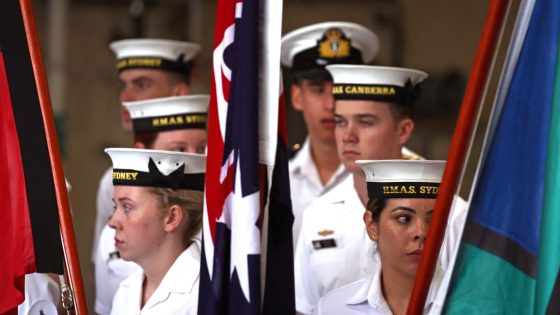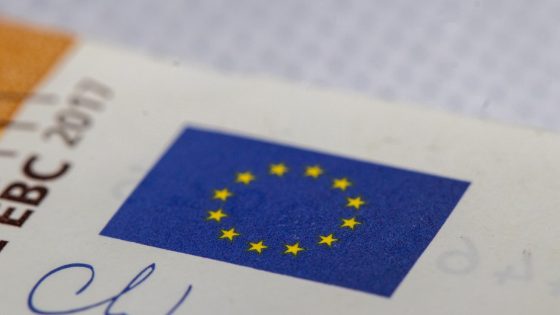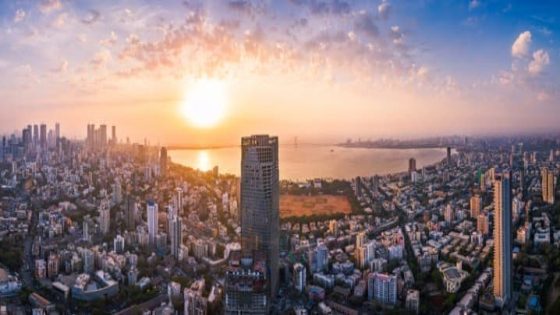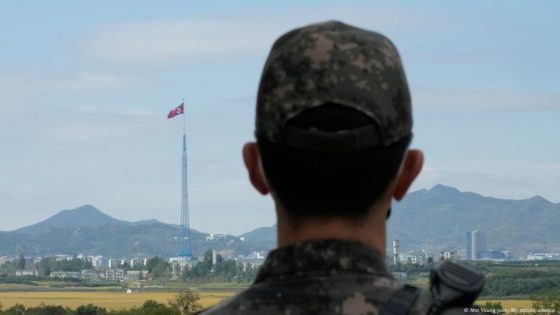Australia‘s recent defense deals highlight a significant shift in military partnerships, particularly with Japan and Mitsubishi. On August 5, 2025, Australia awarded a landmark $6.5 billion contract to Mitsubishi, surpassing German rival Thyssenkrupp.
- Australia selects Mitsubishi for defense contract
- Japan secures $6.5 billion warship deal
- Landmark contract to enhance Australia's fleet
- Australia chooses Japan for frigate construction
- Upgraded Mogami frigates for Australian Navy
This strategic move not only bolsters Australia’s defense capabilities but also strengthens ties with Japan, which has clinched a separate $10 billion contract to enhance Australia’s naval fleet. These developments underscore the growing importance of regional security in the Indo-Pacific.
These contracts raise essential questions about the future of defense manufacturing in the region. How will these partnerships affect global military dynamics? Will this lead to increased competition among defense contractors worldwide?
- Australia prioritizes local partnerships for defense.
- Japan’s role in regional security continues to expand.
- Competition among defense firms is intensifying globally.
As Australia strengthens its military capabilities, the international community should watch closely. Will these partnerships lead to a more secure Indo-Pacific, or will they escalate tensions?

































